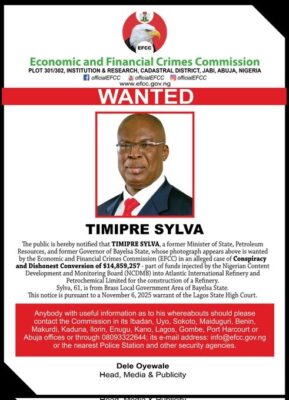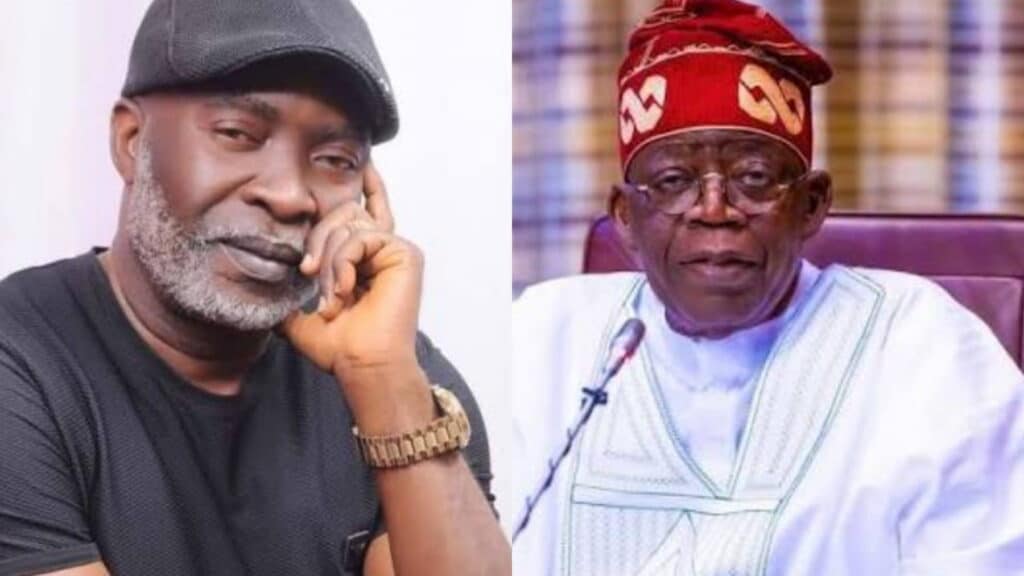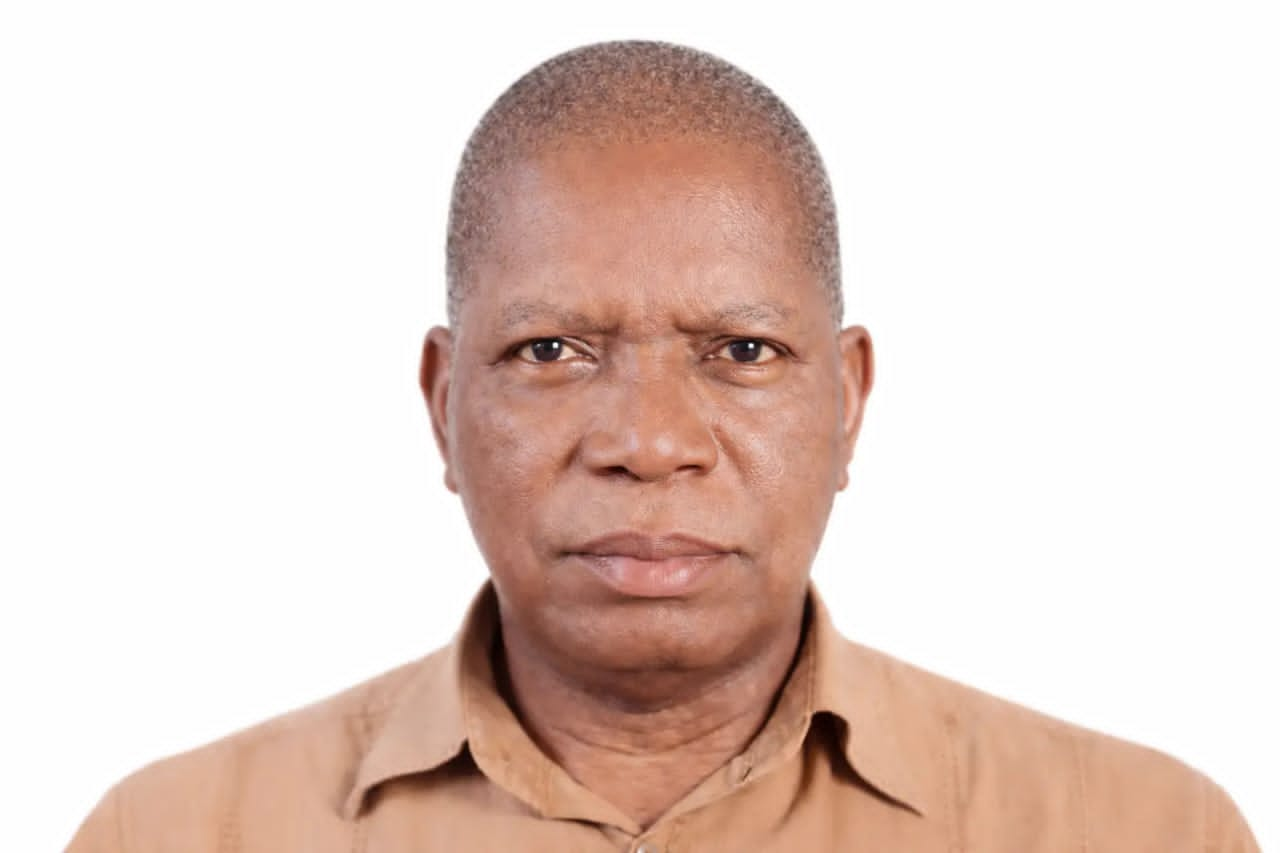Nigeria rejects Venezuelan deportees amid US pressure, stressing e-visa policy and reciprocity in response to tightening American visa restrictions on Africans
In a firm response to mounting diplomatic tensions, Nigeria rejects Venezuelan deportees following pressure from the United States to accept foreign prisoners as part of broader migration management talks.
Also read: Nigeria US visa policy clarified by Tinubu’s aide amid reciprocity row
Nigerian authorities described the proposal as unacceptable, particularly as the US government moves to limit visa access for Nigerian citizens.
Speaking on a televised programme, Nigeria’s Minister of Foreign Affairs, Yusuf Tuggar, disclosed that the United States is pushing African nations—including Nigeria—to accept deported Venezuelans, some of whom were incarcerated in American prisons.
He said Nigeria would not allow itself to be burdened with the fallout of another country’s internal migration or criminal justice challenges.
“We have problems of our own, and we can’t accept Venezuela’s deportees for crying out loud,” Tuggar said. “We already have 230 million people.”
Tuggar criticised Washington’s recent 90-day visa restrictions on Nigerians, asserting that the claim of reciprocity was misleading.
He explained that Nigeria continues to offer five-year multiple-entry visas to US citizens, a policy that remains unchanged.
“What Nigeria has done that differs is simple,” he noted. “We introduced an online electronic visa that saves time. With that, you don’t need to go through the challenge of visiting an embassy. On my laptop, I can apply for and get a Nigerian visa.”
He insisted that the newly introduced e-visa—which grants short-term access for tourists and business visitors—has been misunderstood.
“Our visa is not saying that every American is given only 90 days. We give more than three-year visas,” he clarified.
In a related statement, Bayo Onanuga, Special Adviser to President Bola Tinubu, reaffirmed Nigeria’s visa policy and condemned the spread of misinformation.
“Contrary to misinformation and fake news circulating online, President Bola Ahmed Tinubu has never stopped issuing five-year multiple-entry visas for U.S. citizens,” said Onanuga.
He described the e-visa as a modern alternative to the outdated visa-on-arrival system, which had been prone to inefficiencies and extortion. The digital visa, Onanuga added, is issued within 48 hours and streamlines short-term entry for those avoiding lengthy embassy visits.
“Nigeria rejects Venezuelan deportees not out of spite, but due to practical and sovereign concerns. It will be difficult for a country like Nigeria to accept prisoners from Venezuela,” Tuggar said.
He warned that this may just be the beginning of more coercive immigration policies from Washington, potentially affecting broader bilateral relations.
Onanuga further explained that Nigeria’s e-visa system aligns with global best practices and supports the Tinubu administration’s economic agenda, including boosting tourism and simplifying investor access.
However, he noted that the US has not shown similar flexibility for Nigerian travellers.
“In the spirit of cooperation, mutual understanding, and partnership that have characterised Nigeria-US relations over the decades, the Tinubu-led administration will continue to engage U.S. authorities to resolve the recent developments,” Onanuga stated.
Meanwhile, Ghana is facing similar visa restrictions. A US Department of State directive has limited non-immigrant visas for Ghanaians—especially for business, tourism, and student purposes—to three-month single-entry validity, though diplomatic visas remain exempt.
The situation has raised questions in West African capitals about the fairness and implications of American visa reforms, particularly as countries like Nigeria and Ghana seek to modernise their own entry systems.
Also read: UK digital visa policy begins 15 July for Nigerian students, workers
While Washington cites security and procedural concerns, African governments are pushing back against what they see as discriminatory policies and disproportionate burden-sharing in global migration issues.
Source: Read more at thisdaylive.com





























